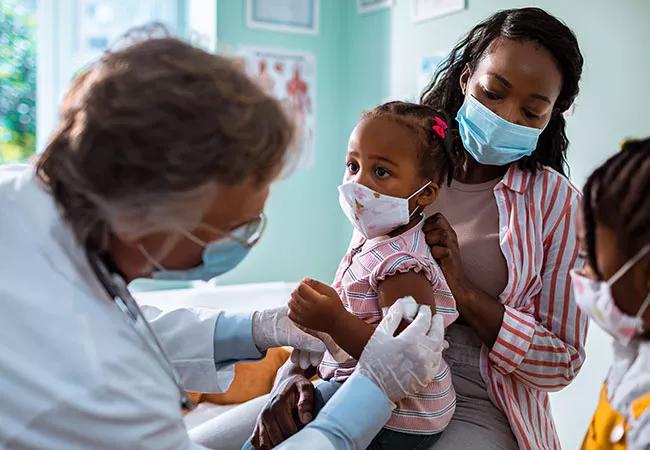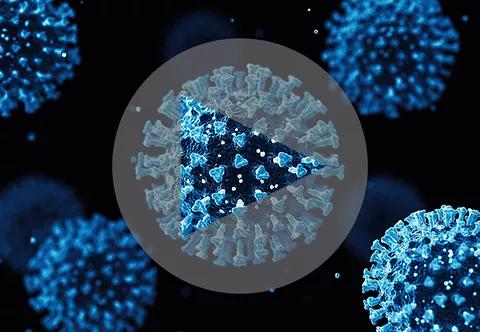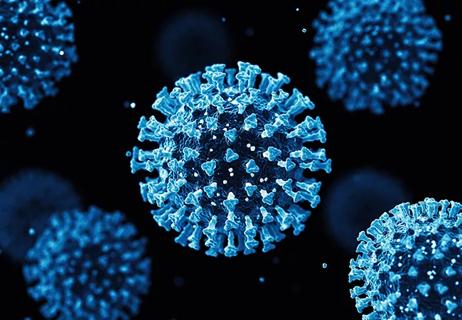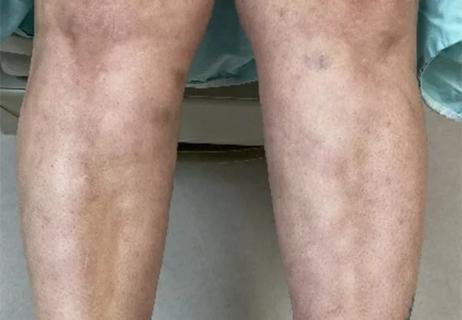Adult vaccine prioritized as safety regulations and growth-related variations in immunity would slow clinical trials

It feels like the whole world is waiting on a vaccine against SARS-CoV-2, the virus that causes COVID-19. And although there are several promising possibilities in clinical trials and several manufacturers are now applying for emergency use authorization, there is still a long way to go – especially for a children’s vaccine.
Advertisement
Cleveland Clinic is a non-profit academic medical center. Advertising on our site helps support our mission. We do not endorse non-Cleveland Clinic products or services. Policy
Pediatric infectious disease specialist Frank Esper, MD, explains the ins and outs of developing a vaccine for pediatric populations and why the first COVID-19 vaccine likely won’t be authorized for young children.
“In order to get this pandemic somewhat under control, we’re going to need some sort of vaccine for both adults and children as quickly as possible,” says Dr. Esper. “But right now, most vaccine manufacturers are focusing on an adult version.”
The data show that severe illness from COVID-19 tends to occur in adults. “Overall, we’re not seeing the same sort of response or sickness in children. Although a very small number of children have developed Kawasaki-like, hyperinflammatory manifestations of COVID-19, children tend to be more resilient and fare better if they get sick,” notes Dr. Esper.
Some manufacturers are planning to test the safety and efficacy of their vaccine in children, but the majority are focusing on an adult version first. Once that is available, many of the companies will likely move onto developing one for children.
Currently, the development of an adult vaccine takes priority, not only because of the outcomes of severe COVID-19 illness in this population, but because testing a vaccine in adults is going to be faster due to the potential risk and rigorous safety precautions needed for the evaluation of a vaccine in children.
“Children are a special and vulnerable population and we try to protect them because they can’t make decisions for themselves,” says Dr. Esper. “In clinical trials – whether for a vaccine or any type of treatment – we don’t want to speed things up until safety is established.”
Advertisement
Immune systems in kids change a great deal as they age. According to Dr. Esper, the immune systems of a one-year-old will look very different when that child is 10, and different again by the time that patient turns 18. Because of this, additional data and research is needed when evaluating a vaccine for pediatric populations.
It’s even true for the influenza vaccine. Pediatric patients aged 6 months and up should get a flu shot every year, but through eight years of age some patients may need two doses for more protection.
Because of all the challenges with kid’s immune systems and the protection and safety protocols in clinical trials, when a COVID-19 vaccine is available, it likely won’t be authorized for young children.
“We just can’t afford delays in the vaccine development process right now,” Dr. Esper notes. “However, there is no question that we will not get the COVID-19 pandemic under control until we include children in these clinical trials.”
Advertisement
Advertisement

Patients report improved sense of smell and taste

Clinicians who are accustomed to uncertainty can do well by patients

Unique skin changes can occur after infection or vaccine

Cleveland Clinic analysis suggests that obtaining care for the virus might reveal a previously undiagnosed condition

As the pandemic evolves, rheumatologists must continue to be mindful of most vulnerable patients

Early results suggest positive outcomes from COVID-19 PrEP treatment

Could the virus have caused the condition or triggered previously undiagnosed disease?

Five categories of cutaneous abnormalities are associated with COVID-19